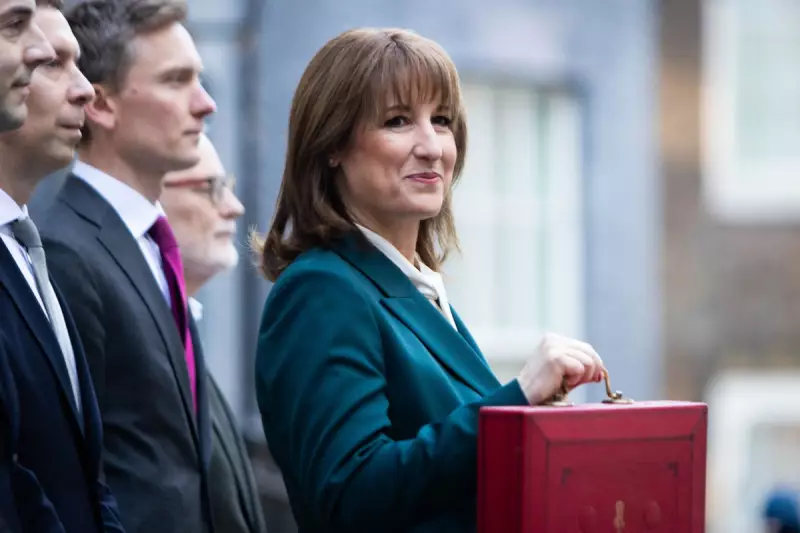
Chancellor Rachel Reeves has presented her second Budget to Parliament, outlining significant tax increases alongside measures designed to support households grappling with the cost-of-living crisis.
Economic Outlook and Fiscal Rules
The Office for Budget Responsibility delivered a mixed assessment of the UK's economic prospects. While upgrading this year's growth forecast from 1% to 1.5%, the watchdog downgraded projections for the subsequent four years.
Growth estimates were reduced to 1.4% in 2026 (from 1.9%), 1.5% in 2027 (from 1.8%), 1.5% in 2028 (from 1.7%), and 1.5% in 2029 (from 1.8%).
The Chancellor's fiscal headroom against economic shocks has expanded due to the Budget's tax measures. Ms Reeves claimed she would "more than double" this buffer, with the OBR projecting it will reach £22 billion by 2029-30 - £12 billion more than March's estimate.
Tax Measures Affecting Households and Businesses
Several significant tax changes were announced that will impact millions of Britons:
Income tax thresholds will remain frozen until 2030, a move expected to create 780,000 new basic-rate taxpayers and 920,000 higher-rate taxpayers by 2029/30, generating approximately £7.6 billion in additional revenue.
A new pension contribution cap of £2,000 for salary sacrifice schemes will be introduced from 2029, with amounts above this limit subject to National Insurance. This measure is projected to raise £4.7 billion in 2029-30.
Property owners face a "mansion tax" surcharge on homes valued over £2 million, with bands ranging from £2,500 to £7,500 annually. Meanwhile, taxes on property savings and dividend income will increase by two percentage points.
Business rates will see significant changes, with permanently lower rates for retail, hospitality and leisure properties offset by higher charges on commercial properties worth over £500,000, targeting online retailers' warehouses.
Support Measures and Other Reforms
In a major policy shift, the Chancellor confirmed the abolition of the two-child benefit cap from April, a measure expected to lift 450,000 children out of poverty at an estimated cost of £3 billion by 2029-30.
Motorists will see both relief and new charges. The temporary 5p fuel duty cut will continue, while electric vehicle drivers will face a new 3p per mile road usage tax from next year.
Other notable measures include:
- Increasing online gambling tax from 21% to 40%
- Reducing Cash ISA allowance from £20,000 to £12,000
- Freezing rail fares for one year
- Cutting average energy bills by £150 annually
The Budget presentation was preceded by the unexpected early release of the OBR's analysis, though Ms Reeves proceeded to deliver her statement to the Commons as planned.





